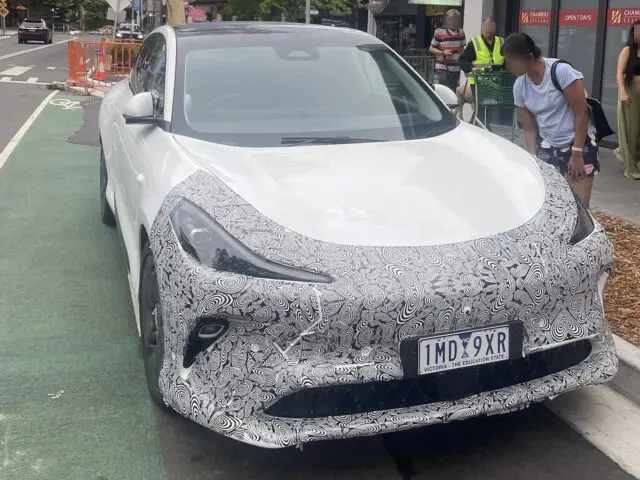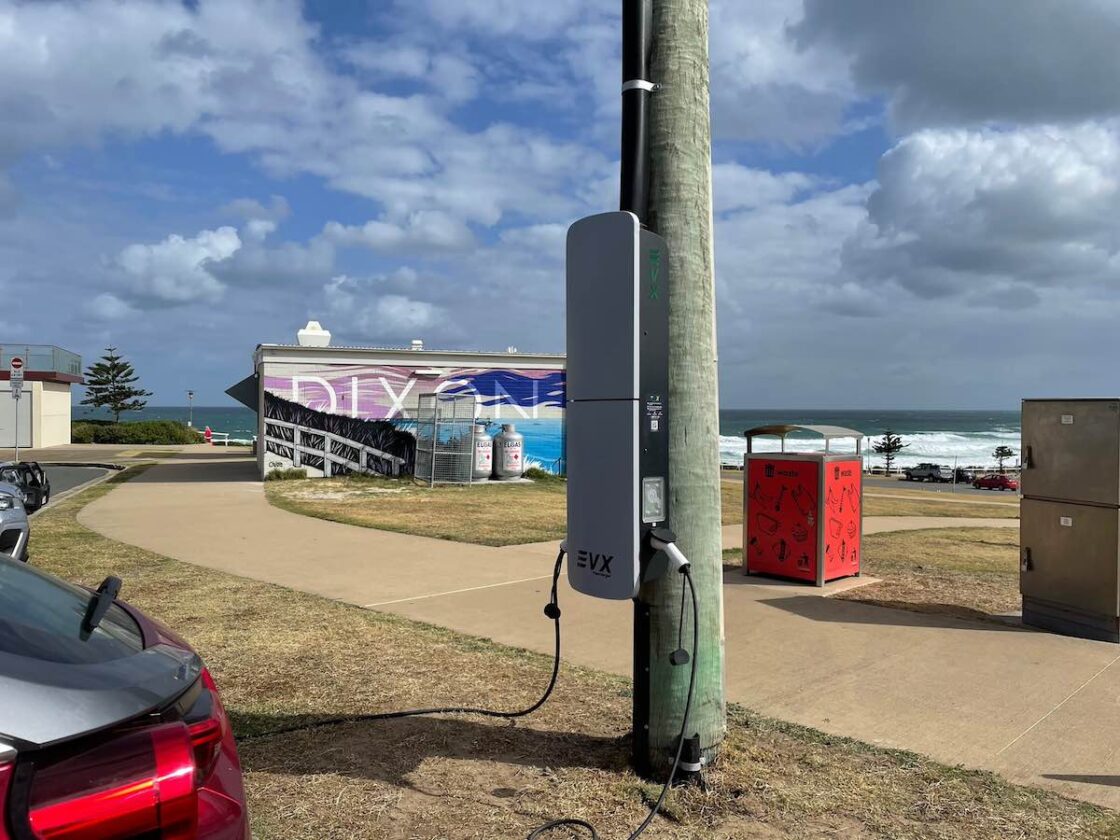A recent study of over 16,000 EV owners in Canada has revealed that common pre-purchase concerns about electric vehicle ownership – such as driving range, cold weather performance and battery degradation – are drastically reduced after purchase. The research, commissioned by the Canadian Automobile Association (CAA) and conducted by PlugShare Research, also found that Canadian EV drivers were worried about public charging infrastructure with more than one-third of those surveyed (36%) not having the confidence to drive their EV on a long road trip.
The data showed that not many EV owners were yet prepared to make the commitment to fully 100% EV households with most Canadian EV drivers (67%) still owning an ICE (internal combustion engine) vehicle, which they are more likely to use for longer journeys. Ian Jack, vice president of public affairs at the Canadian Automobile Association, commented “We know EVs are gaining sales, but a lot of people still have questions. We think this research – into the actual experiences of EV drivers in Canada – sheds an important light into where the real pain points are, and where potential buyers can perhaps worry less.”
As an experienced EV owner in Australia, I can certainly attest to the fact that range anxiety (the fear of running out of charge with no way to recharge in a reasonable time) disappears entirely with ownership of a longer range EV. After all, for normal driving I only need to charge my Kona electric perhaps once every two or three weeks and if needed, a DC charge on longer trips takes the same time as a normal driving break. Even with a short range EV (like my second car, a Mitsubishi iMiEV with around 70km of remaining driving range), range anxiety is better described as ‘range awareness’. Range awareness being: remembering to plug the car in each evening before the next day’s driving and before setting off, checking the remaining range gauge in case of the need to plan for a DC quick charge during the trip.
The data from Canada suggests that at around 8% of new car sales, Canadian EV drivers are already happy with their choice but are starting to worry that public charging infrastructure needs to catch up with the transition. This sentiment is growing here in Australia too, however, we need more empirical data from Australian EV drivers to inform what EV awareness and information campaigns are needed – including what they need to focus on regarding allaying potential fears – as well as inform the directions that government policy needs to take for addressing future charging needs BEFORE any bottlenecks start to develop.
By collecting data from EV drivers in Australia, we can use an evidence based approach to push our governments into better support for the EV transition. This data will help us understand what potential buyers need to know about electric vehicles and how we can ensure that public charging infrastructure is adequate for the increasing number of electric vehicles on our roads.
FAQ
Q1: Are electric car batteries recyclable?
A1: Yes, electric car batteries are recyclable.
Q2: Are electric car chargers free?
A2: It depends on the charger and the location. Some electric car chargers are free, while others may require a fee.
Q3: Can electric car batteries be rebuilt?
A3: Yes, electric car batteries can be rebuilt with the right tools and knowledge.









